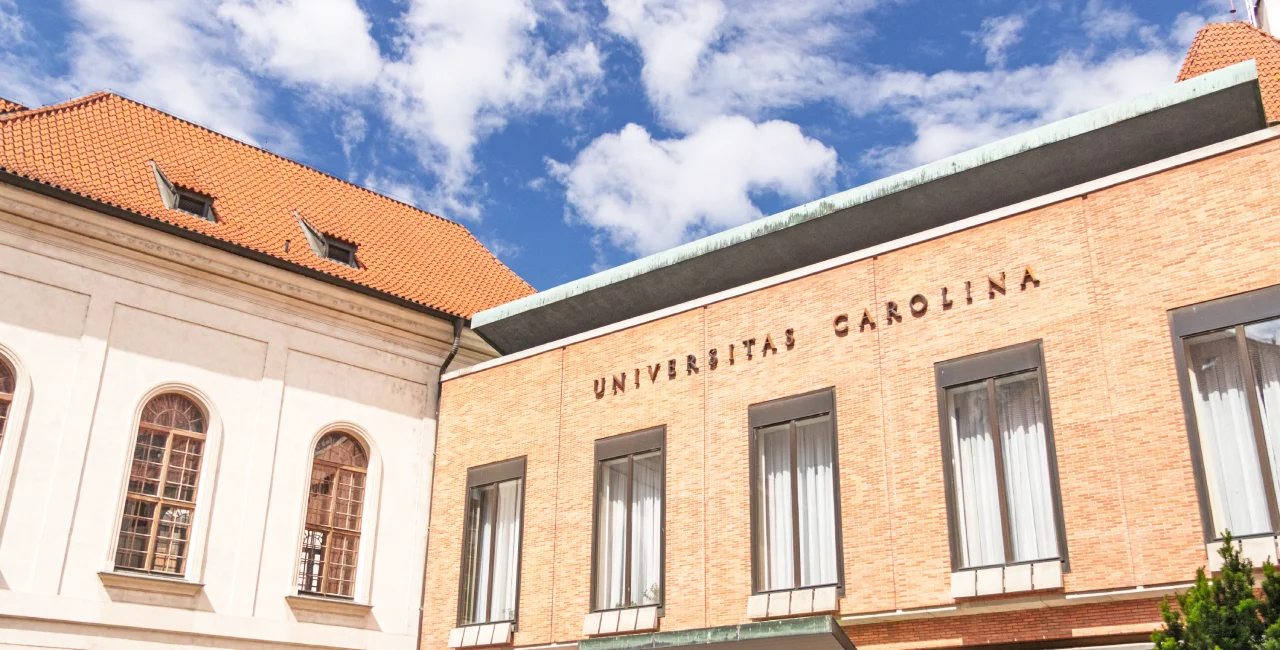Three Czech universities have once again secured spots among the world’s top 500 higher education institutions, according to the latest edition of the QS World University Rankings. Charles University in Prague led the pack, followed by Czech Technical University in Prague and Masaryk University in Brno.
This year’s rankings, published by British higher education analyst Quacquarelli Symonds (QS), evaluated over 1,500 universities worldwide. While Czech universities maintained a presence in the upper tier, their individual positions shifted from last year's rankings.
Czech universities rated in latest global ranking
Charles University (Univerzita Karlova), the oldest and most prestigious university in the Czech Republic, remained the country’s top performer in the 2026 QS World University Rankings.
However, its position dropped from 246th last year to 265th in the latest rankings. Founded in 1348, Charles University has historically ranked highest among Czech institutions in international assessments.
Czech Technical University in Prague (ČVUT), the country’s largest technical university, improved slightly in this year’s results, rising four spots to 416th globally. ČVUT Vice-Rector Zbyněk Škvor welcomed the ranking, saying it confirms the university’s strong international reputation and academic appeal.
"ČVUT is rightly regarded as an excellent technical school that is sought after by students, teachers and scientists," Škvor stated, adding that the university’s goal is to reach the top 400 next year.
Masaryk University in Brno, Czechia’s second-largest university, placed third among Czech institutions at 430th, down from 408th last year. Masaryk University Rector Martin Bareš expressed disappointment at the result and emphasized the need for more ambitious goals.
"We must have higher expectations of ourselves," Bareš said in a statement to Czech News Agency. "There is no point in boasting that we are among the leaders in the Czech Republic. We live in a global world and only international comparison is the best possible mirror."
Out of 16 Czech universities included in the ranking, eight made it into the top 1,000 this year—one fewer than last year. The University of South Bohemia in České Budějovice dropped from the 951–1,000 bracket to the 1,001–1,200 range.
Other institutions, such as Brno University of Technology (575), Palacký University Olomouc (668), and the University of Chemistry and Technology Prague (638), remained within the top 700.
Global competition intensifies as methodology evolves
The QS World University Rankings, now in its 21st edition, are among the most widely cited global university rankings. The 2026 rankings evaluated institutions based on nine indicators, including academic reputation, employer reputation, faculty-student ratio, citations per faculty, international faculty and student ratios, and newer metrics such as sustainability and employment outcomes.
Leading the global rankings for the 14th consecutive year is the Massachusetts Institute of Technology. The Royal University of London and Stanford University followed in second and third place, respectively. The University of Oxford and Harvard University rounded out the top five.
QS has gradually revised its methodology to reflect broader societal and industry expectations, particularly in areas such as environmental sustainability and graduate employability.
These changes have added pressure on universities worldwide to adapt, particularly those in smaller countries such as the Czech Republic, which often face funding and structural constraints.
The full rankings, which include more than 1,500 universities and 16 Czech institutions, are available on the QS website, which allows users to compare schools across various indicators.












 Reading time: 2 minutes
Reading time: 2 minutes 































